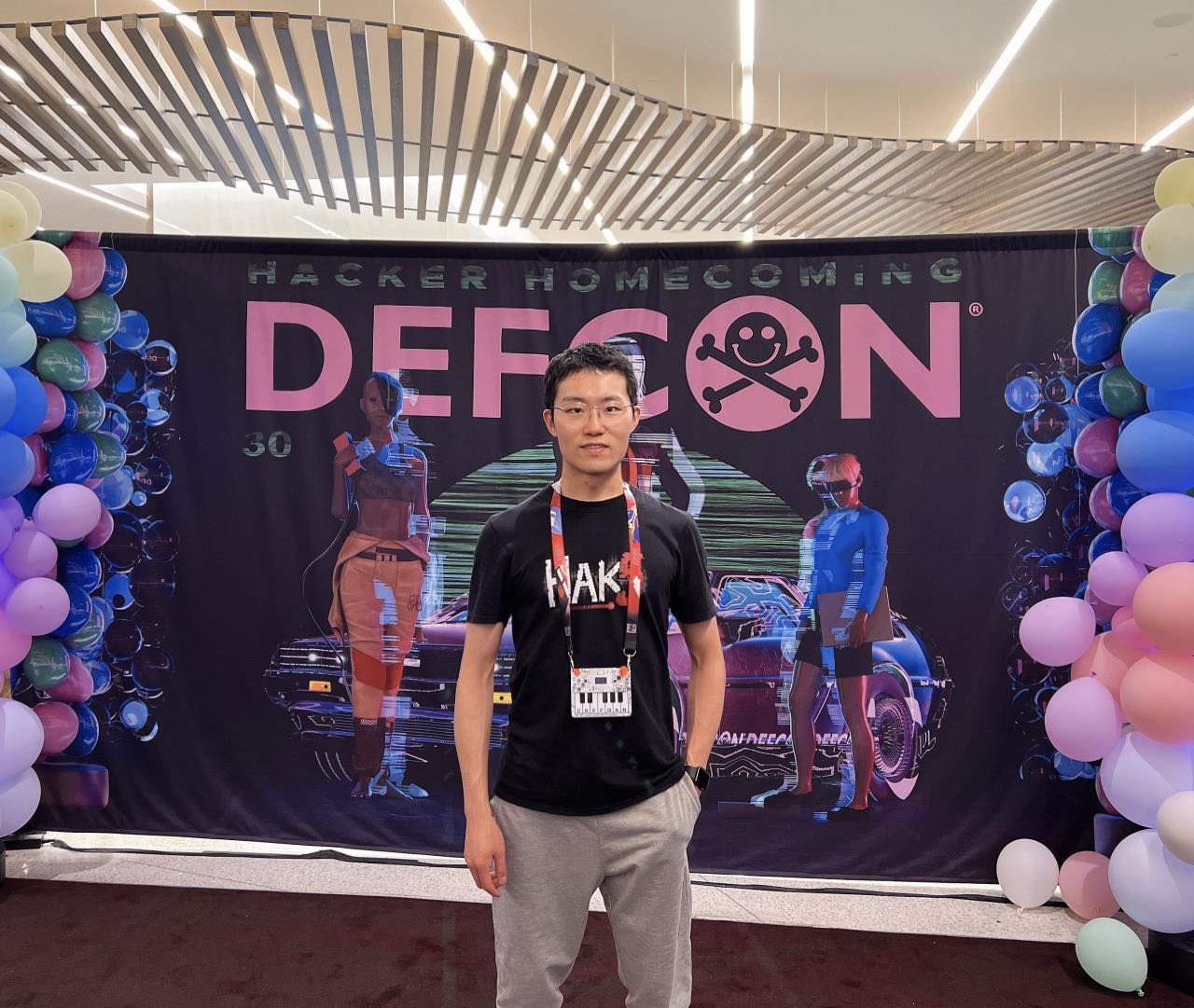10-14, 09:00–09:50 (Canada/Eastern), Track #1
Language: English
In the rapidly evolving landscape of gaming, understanding the realm of game hacking is essential, especially in multiplayer games. While some people engage in game hacking for fun or as a hobby, others use it to cheat and gain an advantage in online multiplayer games, which can ruin the experience for other players. As we delve together into this captivating subject, I will explore the fundamentals of game hacking, including its definition, real-world examples, common methods employed by hackers, and the measures implemented to counter such exploits.
Discover the intriguing world of cheats, bots, and exploits that have impacted the gaming industry. I will showcase notable instances where game hacking has disrupted fair play and affected player experiences. By examining these examples, I aim to raise awareness about the potential consequences and implications of game hacking. Furthermore, we will delve into the various techniques employed by hackers, such as memory editing, code injection, and packet manipulation. Understanding these methods is vital to recognize vulnerabilities and formulating effective countermeasures.
The discussion will also encompass the proactive steps taken by game developers to combat cheating, including encryption, client-server validation, behavior monitoring, and regular updates. By understanding these anti-cheat measures, we can gain insights into the ongoing battle between game developers and hackers. Lastly, we will explore the future of game hacking within the broader information security landscape, considering emerging technologies, evolving security measures, and the potential impact on the gaming industry.
This talk will be divided into the following five sections.
1) What is game hacking?
This section serves as a brief introduction to game hacking. I will explain that game hacking involves modifying game code, data, or mechanics to gain an unfair advantage or access hidden content. I will also explore the motivations behind game hacking, such as achieving high scores, gaining prestige, or economic incentives in online games. The importance of understanding game hacking within the broader context of information security is emphasized.
2) Real-world examples of game hacking (cheats, bots, exploits)
This segment showcases a range of real-world examples to illustrate the impact of game hacking. It covers cheats like aimbots, which provide enhanced aiming abilities, wallhacks that allow players to see through walls, and speed hacks that increase movement speed. The discussion also highlights the usage of bots for automated gameplay and farming resources. Additionally, it delves into exploits, such as duplication glitches or accessing restricted areas. Each example is explained in detail, discussing how they disrupt fair play and affect player experiences.
3) Common game hacking methods
This section provides an in-depth exploration of the common methods employed by game hackers. It starts with memory editing, where hackers manipulate values stored in a game's memory to gain advantages like infinite health or unlimited resources. Code injection is then explained, involving the injection of custom code into a game's executable to modify its behavior. The discussion further includes techniques like packet manipulation, where network packets are intercepted and modified to gain unfair advantages. The inner workings of each method are described, emphasizing the technical aspects and their implications for game security.
4) Anti-cheat measures
Here, the focus shifts to the countermeasures implemented by game developers to combat cheating. Encryption is discussed as a means to protect game data and prevent unauthorized access. Client-server validation is explained, involving checks performed between the game client and server to detect inconsistencies and cheating attempts. The role of behavior monitoring systems in identifying suspicious player actions is highlighted. Continuous updates are emphasized as a crucial aspect of anti-cheat measures to patch vulnerabilities and stay ahead of hackers. The discussion also touches on the challenges faced by developers in balancing security measures with player experience.
5) Future of game hacking
The final section explores the future landscape of game hacking within the broader context of information security. I will discuss emerging technologies and trends that may shape game hacking, such as the integration of artificial intelligence and machine learning. The potential impact of blockchain technology on securing in-game economies and preventing cheating is examined. The importance of ongoing research, collaboration among game developers, and the adoption of innovative security measures is emphasized to mitigate evolving threats in the dynamic world of game hacking.
No
James is currently a security advisor at an insurance company in Montreal. He has worked in the field of both offensive and defensive security. His interest in information security initially developed through video games. Subsequently, he decided to pursue this path by studying Computer Science with a focus on infosec. Along the way, James has obtained various certifications such as OSCP, CISSP, CBBH, etc. He also has a strong interest in game hacking, also known as "Gamepwn". This is a relatively lesser-known area within the broader context of information security, and James aims to bring this topic to a wider audience.
